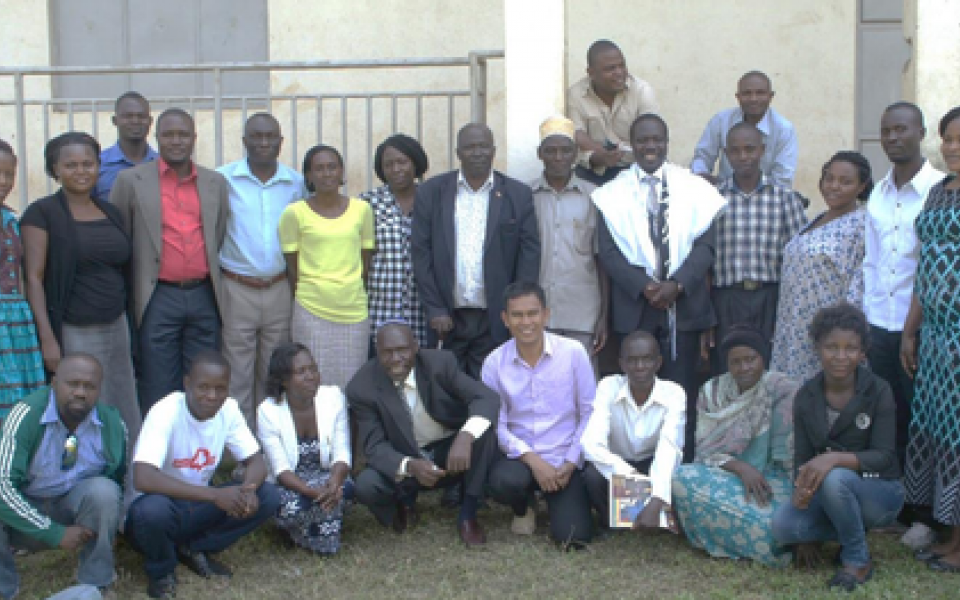
When Sothearwat arrived at the airport, we were unable to meet him because of unavoidable challenges, and our travel agent, whom we had asked to pick him up, was running late. With the new era of communication, he called me through the internet to let me know that he had arrived. When I said hello, he responded with laughter and I laughed too, as if we had met already for ages. I didn’t even know how to pronounce his name and I doubt whether he could pronounce my surname, but that wasn’t even an issue.
Building these kinds of individual relationships is how URI is deeply unique. Some of the things that I learned and realized during this exchange included:
- CCs get more excited to share their work and enthusiastic about what they do when someone who does not always work with them visits. Many CC contacts agreed to implement ideas because of the exchange visit with other new CC members and Sothearwat. He told them that the learning process is different for everyone’s work and implementing that learning is important, which is why finding what is beneficial to your situation is a major driver of progress, and should be shared with colleagues.
- When people identify themselves under the URI umbrella, there is more collaboration rather than competition. The six CCs first struggled to give each other advice on how best to do their work—something unheard of when they are on their own!
- As a newer Regional Coordinator (RC), Sothearwat’s views made me reflect on some URI principles and organizational set-up during the discussions, something I rarely have time to do in a concentrated way. I was reminded of what some of the principles stand for and how these are put into practice at CC, regional, and global levels in our work as RCs.
- Sothearwat’s visit brought a breath of fresh air in our work both at the office and in the field. I have a wonderfully dynamic team of colleagues and CC contacts, but sometimes work becomes routine. Having Sothearwat’s new eyes and enthusiasm really helped us all get excited about our work together again.
- I loved how much we laughed together; Brother Mussie Hailu who leads the Africa team laughs a lot, but Sotherwat’s addition brought more laughing, which was important for my inner healing. We could laugh at anything, and were always surprised to learn that things in Uganda were similar to Cambodia.
- This Exchange helped us start exploring ways of how we could both support our work with the CCs beyond this visit based on what we saw as gaps and needs in the CCs we support. For example, we discussed avenues of engaging CCs to be more active in URI, how to build interest in becoming CCs, and how to strategically encourage the interfaith factor in CC work.
- The regions we coordinate have countries that are have a long history of recent and past war. For example, in the Great Lakes I have South Sudan, the Democratic Republic of the Congo, Uganda, and Burundi, where people have been killed in the thousands. In Southeast Asia and the Pacific, Sothearwat has Myanmar, Cambodia, the Philippines, and Indonesia with similar constant conflict. The issue of peacebuilding and trauma healing with regard to Countering Violent Extremism (CVE) was a central focus of our engagement with CCs during Sothearwat’s visit. I plan to take my return visit to Sothearwat in the last quarter of this year.
My sincere appreciation to the GSO for organizing this, Sally Mahe for shaping it all, and to all our URI family for your prayers.
